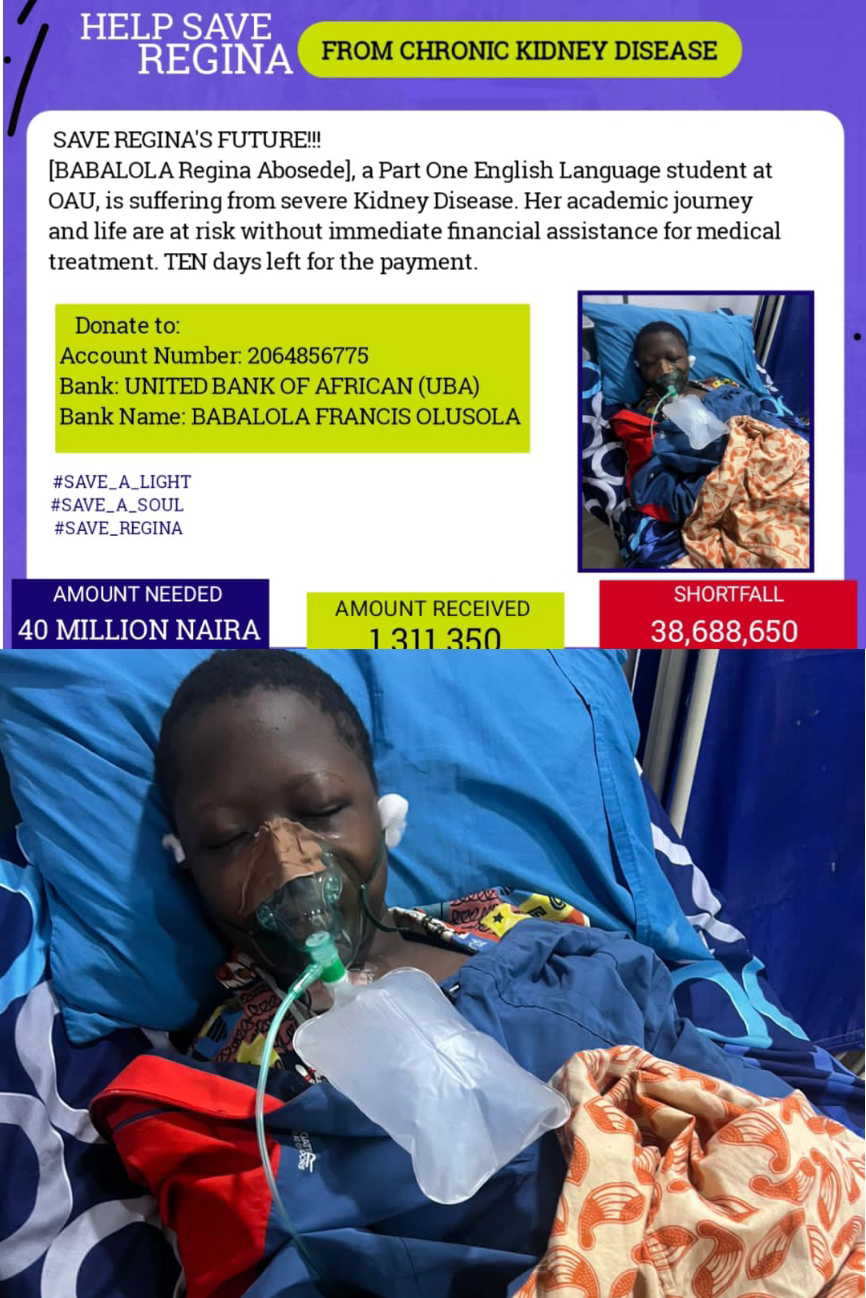BAOBAB for Women’s Human Rights SVRLA Organizes Its 5th Cohort, Graduates Participants
By Eniola Adeyeye
BAOBAB for Women’s Human Rights Training was a programme conducted in collaboration with the Clinic for Human Rights, OAU. This training focused on Sexual Violence Response, Leadership, and Advocacy (SVRLA), teaching leadership, empowerment, advocacy, and communication in relation to human and women’s rights. The programme was done with fundings from the African Women Development Funds (AWDF). This is the fifth cohort of the programme.
Some students recently graduated from the training programme, marking a significant milestone in their journey toward becoming advocates for change. This interview features insights from some of the graduates and facilitators, emphasizing how the programme has influenced and improved their ability to engage in meaningful advocacy efforts.
Afolayan Kehinde Fazzilet is a part 3 student of the Department of Sociology and Anthropology and also a graduate of SVRLA. As a participant, she sees the training as what she needs to develop a serious voice for change. According to her, the short but impactful sessions helped her finally develop a voice for advocacy.
“The Programme was structured in a way that made it easy for me to grasp the essence of leadership and Advocacy. I learnt to be a better communicator and a valuable tool for change in the school community and beyond,” she remarks. As a graduate who wants to utilise the knowledge impacted, she talks about her application to join the Clinic for Human Rights so as to be able to put the knowledge learnt into action effectively and to also immerse herself within a body whose interests align with her vision.
Another graduate of SVRLA, Dolapo Adeniji, a final year student of history and international relations, explains and gives remarks on how important the programme is to her. In her interview, she mentioned power, privileges and standard intervention as important lessons she learnt. According to her, these lessons help her have a better picture of what to do when someone reports Sexual Violence. “As a graduate who wants to put to action what I have been taught, I hope to chase further opportunities around sexual violence. Women are the core of my advocacy, and I am very passionate about creating awareness around it for children, women, and the female gender generally,” she explained.
READ ALSO: OAU Tech Enthusiasts: The Challenges Faced by Students Involved in Startups
Marvellous Ogaraku, a student from the Department of Law and a graduate of SVRLA, also gives her remarks about the programme. To her, nothing beats the mind shift that is experienced during and after the training. She explained that SGBV (Sexual and Gender Based Violence) cases are one of the most important and discussed topics in the world. With significant impact and intervention from people like her, who stand up against it and become a voice for cases related to it, the SVRLA programme would go a long way in helping her achieve her goals. “As a graduate of SVRLA, I’ve started in my small place, talking to people, giving advice on how not to be a victim of it, and giving listening ears and protection to survivors when I get the privilege to,” she stated.
Onye Chisom Martha, another graduate of SVRLA and a part 2 student of Law, also shared her opinion concerning the programme. “For me, the SVRLA program was experiential and impactful, the reason being that I love activism and human rights advocacy. SVRLA opened my eyes to what activism really means,” she explained. As a graduate, she gives an account of how fulfilled she feels to be able to help females see things and do things they think they cannot do.
The Programme was a Transformative and empowering Initiative - One of the Facilitators
Mrs. Gwendolyn Oshoniyi, one of BAOBAB for Women’s Human Rights Training instructors, shared her opinion about the programme. In the interview with her, she said the programme was a transformative and empowering initiative that provided participants with essential knowledge, practical skills, and strategies to address sexual violence, foster leadership, and advocate for human rights effectively. “As the facilitator of the programme, I equipped participants with tools to effectively engage with the media in advocating for change, emphasising strategies for impactful communication while addressing gender dynamics. They gained insights into developing tailored advocacy messages, understanding the role of media in human rights campaigns, and building confidence to navigate conversation around sensitive topics like sexual violence,” she explained.
The BAOBAB for Women’s Human Rights Training, in collaboration with the Clinic for Human Rights, OAU, has become a transformative experience for participants, equipping them with the essential tools, confidence, and vision needed to tackle urgent issues like sexual and gender-based violence. By focusing on leadership, advocacy, and effective communication, the program has sparked a wave of empowerment, with graduates actively taking on roles as advocates for human and women’s rights. Their testimonials reflect the programme’s effectiveness in nurturing a new generation of leaders dedicated to fostering a fairer and more equitable society.




Comments
Post a Comment